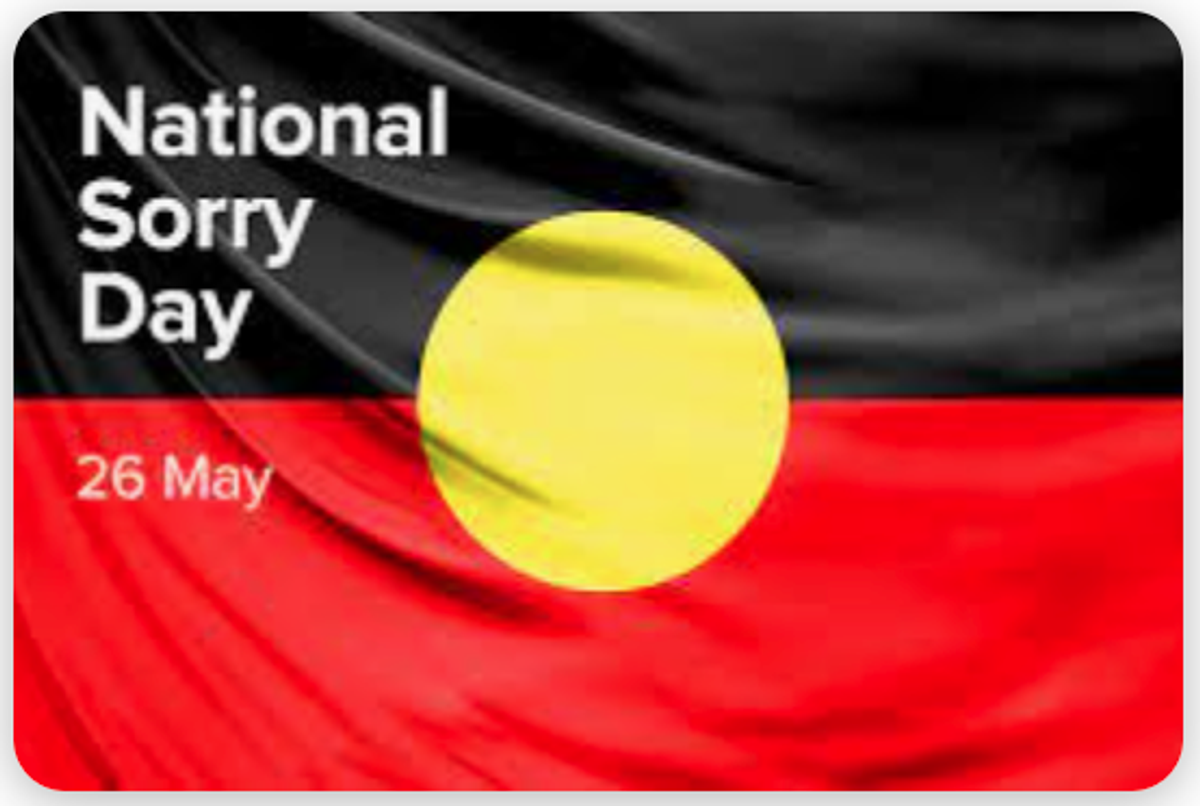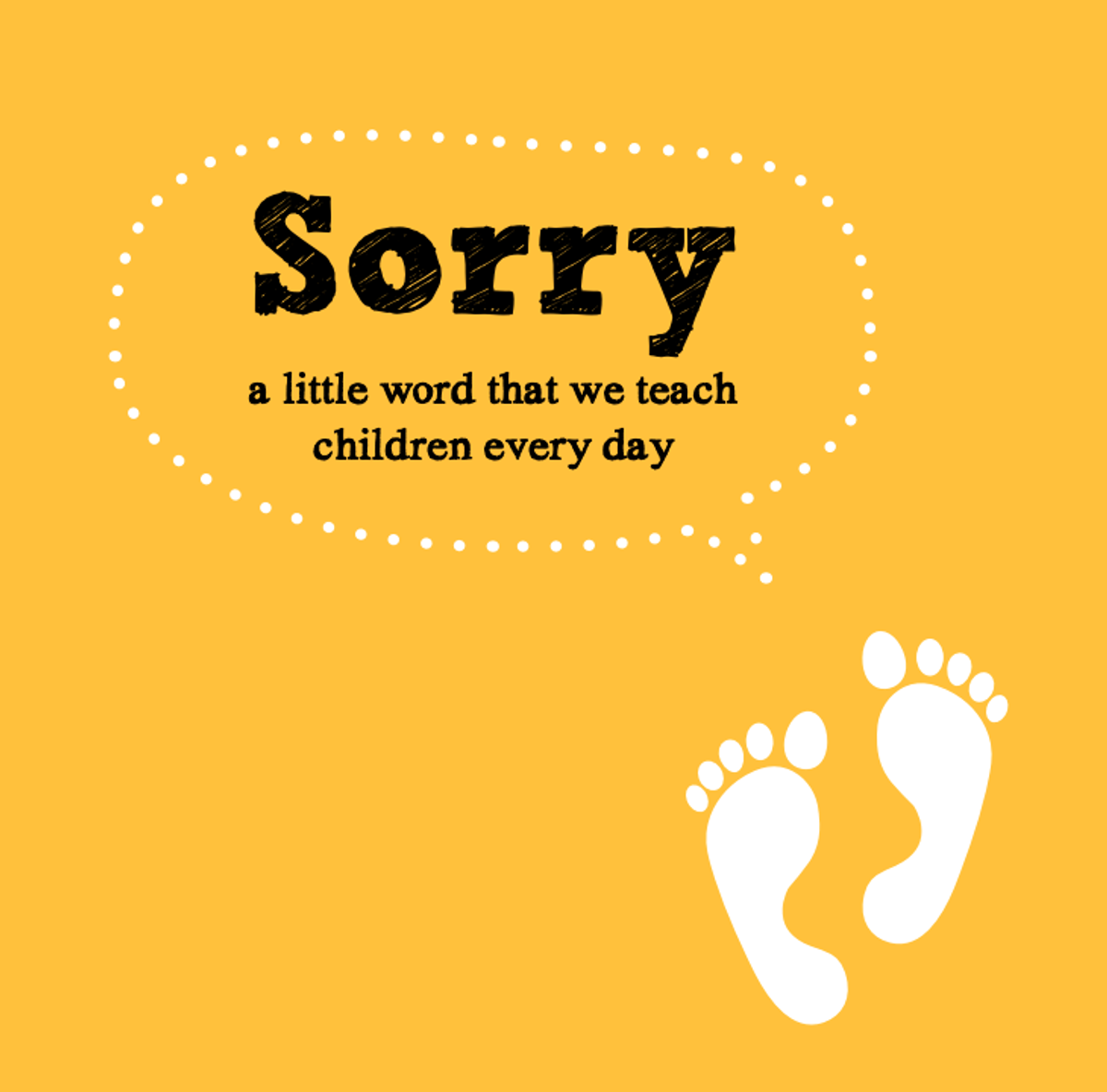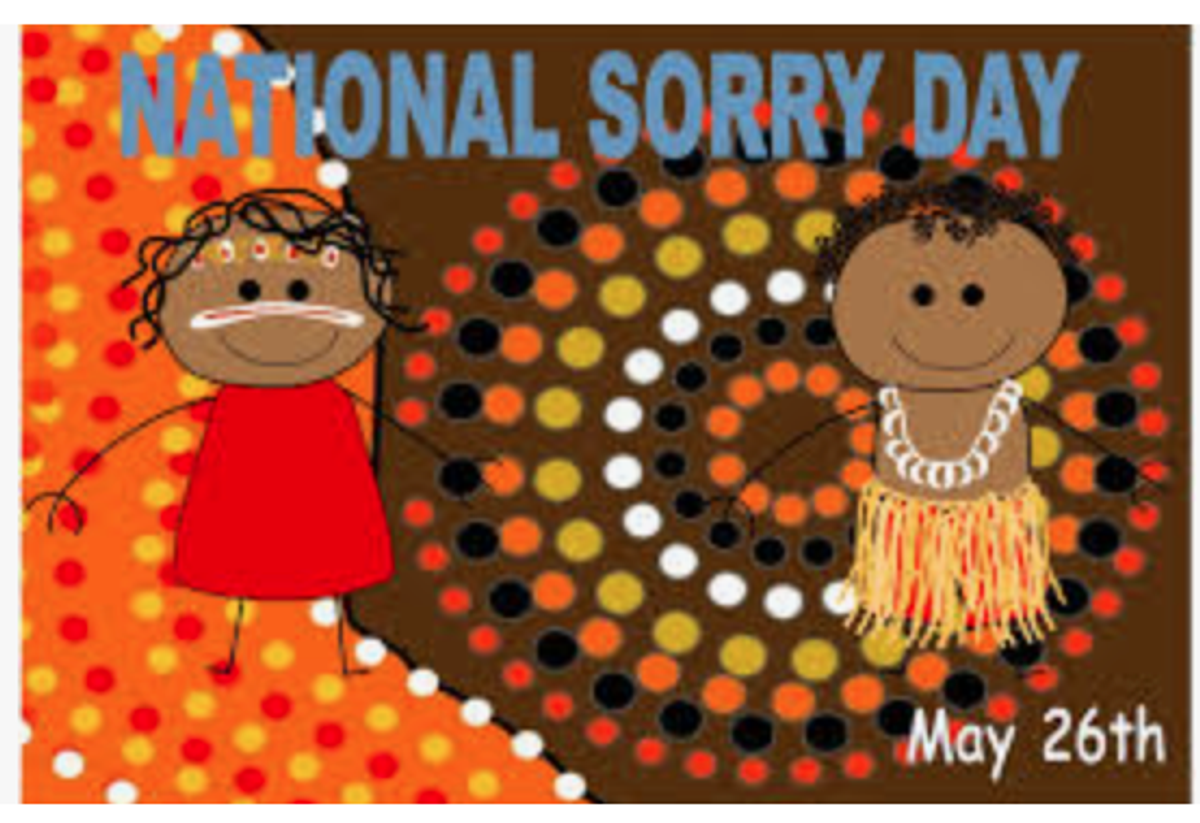National Reconciliation Week
Including National Sorry Day

National Reconciliation Week
Including National Sorry Day
Some words from our Marrung Leader Mrs. Carli Lange. With inspiration taken from this site.
National Sorry Day is a very significant day for Australia’s Aboriginal and Torres Strait Islander Peoples, particularly for Stolen Generations survivors.
The idea of holding a ‘Sorry Day’ was first mentioned as one of the 54 recommendations of the Bringing them home Report, which was tabled in Parliament on 26 May 1997.
This report was the result of a two-year National Inquiry into the forcible removal of Aboriginal and Torres Strait Islander children from their families, communities, and cultural identity.
This removal and separation was carried out under Federal, State, and Territory laws and policies from the 1800s to the 1970s. The children who were removed are recognised today as the Stolen Generations. Many of the Stolen Generations alive today are parents and grandparents. Almost every Aboriginal family (and some Torres Strait Islander families) today can identify the loss of family members due to the forcible removal policies.
The children who were removed and separated from their families grew up without an understanding of traditional knowledge and culture and without a sense of connection to the land and country where they were born. This disconnection from their families, ancestors, communities, and culture has had a lasting and negative effect on the well-being and identity of Stolen Generations survivors, and has had an intergenerational impact on their children and families.
It is likely that these effects will continue into the future. On 26 May 1998, the first Sorry Day was held in Sydney. It is now commemorated across Australia.


Our Grade 6 School Leaders shared child-friendly information about Sorry Day at our assembly on Friday, and why we commemorate with our Whole School Community in honor of the Stolen Generations with a candle-lighting ceremony.
More about the word ‘sorry’.
The word ‘sorry’ is used to express sorrow at the loss of a loved one by Aboriginal and Torres Strait Islander Peoples, usually when that person passes away.
The term ‘Sorry Business’ is used to describe the process of laying a loved one to rest. It is important to understand that when using the word ‘sorry’ in the context of the Stolen Generations, the word represents the grief and loss experienced by the parents, families, and communities of the children who were forcibly removed.
Stolen Generations survivors themselves use the word ‘sorry’ when speaking of their loss as a result of their separation from their family, community, country, and culture.


For Australians across the country, we use the word ‘sorry’ to show understanding and empathy toward someone who has lost someone special. For example, ‘I’m sorry for your loss’. When we meet to commemorate National Sorry Day, we do so by showing respect and remembrance in a similar way as when we meet on other days of historical significance, such as ANZAC Day.
On National Sorry Day, we gather together to commemorate the Stolen Generations, their families, and communities, celebrating their strength and survival and sharing in the process of healing and reconciliation. The story of the Stolen Generations is a significant and important aspect of Australia’s history.
By teaching our children about this past through sensitive, age-appropriate, and encouraging learning activities. In doing so we widen their scope of understanding their country’s history and stand to make a genuine and long-lasting contribution toward the broader understanding of this history among other children and adults, and to the achievement of healing and reconciliation in the wider community.


Why is it important to honor these days of significance? Honouring National Sorry Day and the Apology Anniversary helps to build deeper and more trusting relationships between schools and their communities, and between teachers and their students, especially those that identify as Aboriginal or Torres Strait Islander.
The Kalinda School Community joined together to remember the past, experience the present, and express hope for the future on Friday 26th May at our Sorry Day Assembly.




In 2023, the theme for National Reconciliation Week is 'Be a Voice for Generations'. The theme encourages all Australians to be a voice for reconciliation in real ways in our everyday lives.
During National Reconciliation Week, Kalinda Primary School will host a week of activities to learn about the truth of our Australian history, and the depth of our First Nations cultures and achievements, and to explore how each of us can contribute to achieving reconciliation in Australia with First Nations peoples and communities.
An activity each day of the week as follows:
MONDAY 29th MAY– During mindfulness students listen to a Dreamtime story
TUESDAY 30th MAY – Indigenous music being played during lunchtime.
WEDNESDAY 31st MAY - each student is to decorate a footprint and add it to a school mural, highlighting the journey or reconciliation.
THURSDAY 1st JUNE - Reconciliation walk around Oval as a whole school at 1pm, led by JSC Representatives.
FRIDAY 2nd JUNE – Staff and students invited to wear a touch of red, yellow or black.
“Let us start a new chapter in the future of Australia, where we walk as equals. Where reconciliation is not just a word and a day in the calendar, but where we reconcile the trauma and atrocities of the past and celebrate our shared future and knowledge.”

